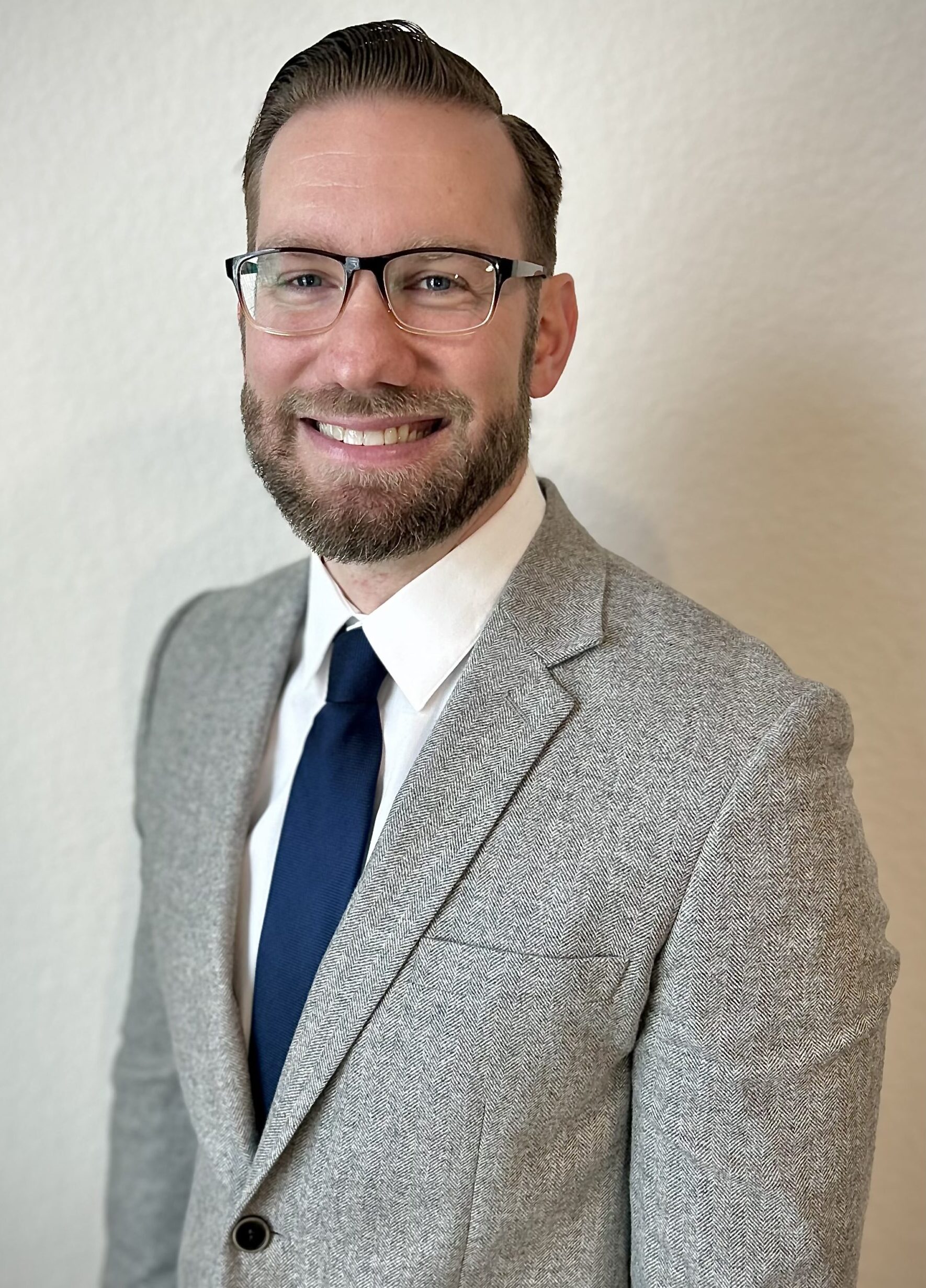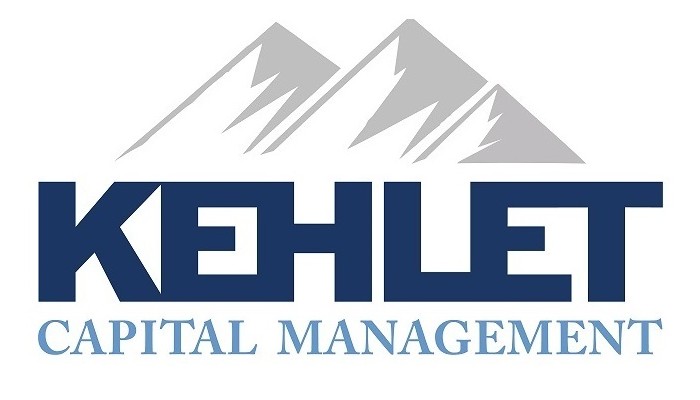
Our Strategy
We specialize in a concentrated micro-cap strategy, investing in 10–15 publicly traded U.S. companies with market capitalizations under $1 billion. Why? Because research shows that micro-caps have historically outperformed larger stocks over the long term and present significant opportunities to generate alpha. These companies are often inefficiently priced due to limited analyst coverage and institutional interest—creating opportunities for skilled investors.
Unlike many funds that hold 70 to 150 stocks, we focus only on our highest-conviction ideas. We believe that a concentrated portfolio amplifies the benefits of superior stock selection. If you can identify outstanding businesses, why dilute performance by holding dozens of lower-quality names?
Our approach is designed to maximize insights and conviction. By holding fewer positions, we develop a deep understanding of the businesses we own—allowing us to capitalize on mispricings with confidence.
While many asset managers are too large to execute a concentrated micro-cap strategy effectively, we maintain a size that allows us to be nimble and selective. Our investment process, experience, and research discipline set us apart in this inefficient market segment. And so far, our track record demonstrates the power of this approach.

SCHEDULE AN INTRODUCTION TODAY

Meet The Founder
Michael Wright founded Kehlet Capital in 2017 and serves as the portfolio manager. From 2013 to 2016, Mr. Wright worked as an Equity Research Analyst at Bares Capital Management. Prior to Bares Capital, he served as a Portfolio Manager for the MBA Investment Fund at the University of Texas at Austin where he received an MBA with a concentration in Investment Management. Before that, he worked as an Engineer for six years with Owens Corning and H.E.B. He graduated from Michigan State University with a B.S. in Mechanical Engineering and is a CFA charterholder.
